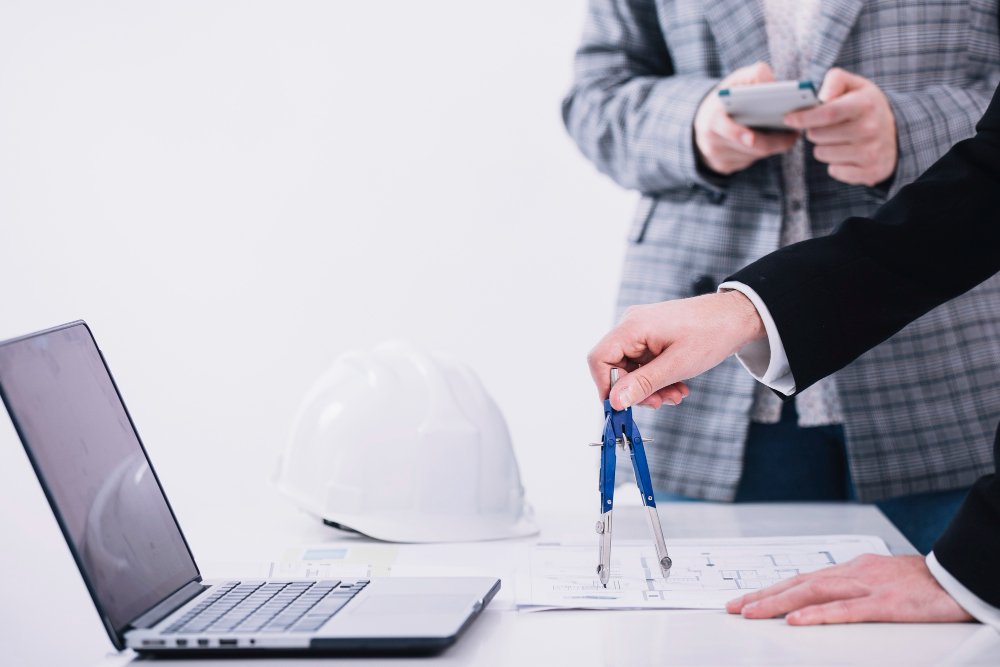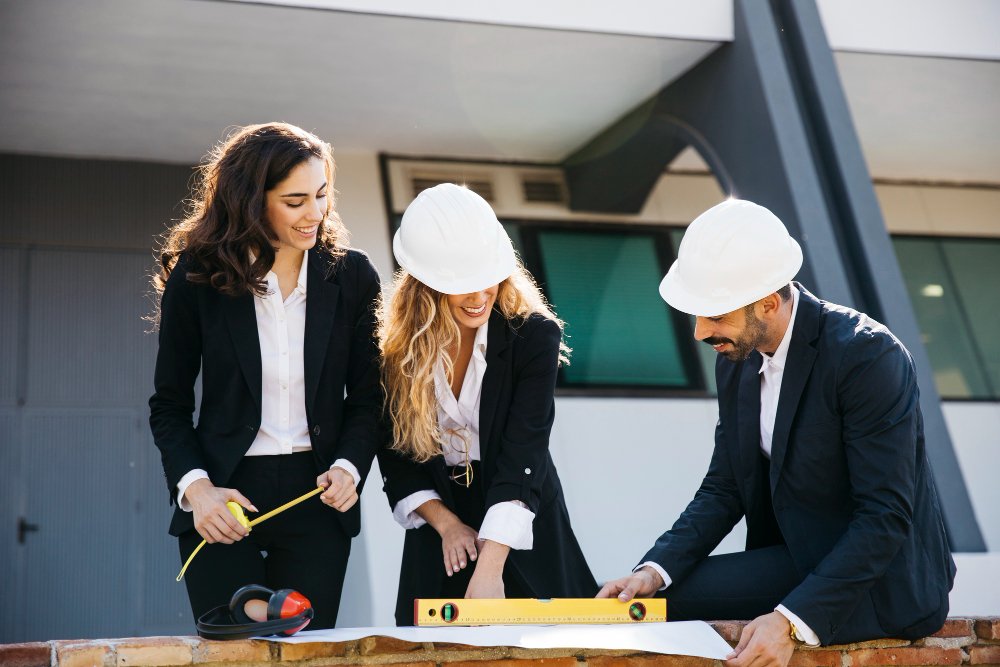True hospitality begins where design meets dignity — and no guest is left out
From the moment a guest enters your lobby to the time they check out, every second of the hotel experience is shaped by design. It’s not just the marble floors or ambient lighting. It’s how easy it is to move through the space, to find a room, to access the bathroom, to rest, to feel welcome.
For most guests, these moments are seamless. For People of Determination, they’re often not.
In the UAE — a global hospitality leader — there’s growing recognition that luxury without inclusion is no longer luxury at all. Whether your property is a beachfront resort, a boutique hotel in the desert, or a branded tower in the city, accessibility is becoming a central part of guest expectations, booking decisions, and even international travel accreditation.
So what does it mean to design a hotel for every guest? Let’s explore.
Why Accessibility in Hotels Matters More Than Ever
- Over 1 billion people globally live with a disability
- 90% of People of Determination travel with companions, often making travel choices based on accessibility
- Dubai is the world’s first certified autism-friendly destination — but many private hotels still fall short of those standards
- Families increasingly travel with elderly relatives or children with neurodiverse needs
- Online reviews frequently flag poor accessibility, costing brands long-term loyalty
Simply put, if your hotel isn’t inclusive, it’s invisible to a growing — and loyal — segment of the market.
What Real Inclusion Looks Like in Hospitality
Let’s be honest: many hotels meet the bare minimum. A single accessible room. A side entrance ramp. A front desk staff member vaguely trained to assist guests with disabilities.
But that’s not inclusion. That’s tokenism.
Real inclusion is integrated into the DNA of the hotel experience. From layout to lighting, signage to staff culture, inclusive hotels serve guests without making them feel “othered.”
Essential Inclusive Design Features for Hotels
-
Step-Free Access Everywhere
Guests should never have to use a backdoor or side entrance. All public areas — lobbies, restaurants, pools, elevators — must be wheelchair accessible via main paths of travel. -
Fully Accessible Rooms That Don’t Feel Clinical
Inclusive rooms should match the aesthetic quality of every other guestroom. But they must also include:- Roll-in showers with fold-down seats
- Adjustable-height beds
- Grab bars positioned with both safety and discretion
- Room for maneuvering mobility devices
- Visual alarms for hearing-impaired guests
-
Sensory-Friendly Zones
For guests with autism, PTSD, or sensory processing challenges, the environment can be overwhelming. Design solutions include:- Quiet zones in the lobby or restaurant
- Adjustable lighting levels in guest rooms
- Acoustic insulation between rooms and corridors
- Clear, predictable floor plans with minimal clutter
-
Intuitive Wayfinding
Not everyone navigates with words. High-contrast signage, pictograms, braille, and color-coded floor zones can help all guests orient themselves with ease. -
Pool and Spa Access
Often overlooked, pool lifts, gently sloped access points, and wide changing rooms with support rails can turn a frustrating exclusion into a delightful, equal experience. -
Digital Accessibility
Inclusive design goes beyond physical spaces. Booking systems, hotel apps, and websites must be usable with screen readers and offer clear details about accessible features — not just small icons buried in the footer.
Staff Training: The Human Side of Inclusive Hospitality
Design sets the stage — but people deliver the experience.
An accessible room loses its value if the front desk doesn’t know how to explain features or handle service animals respectfully. A thoughtful dining space isn’t enough if servers don’t accommodate dietary or communication needs.
That’s why we integrate inclusive service training alongside design guidance — helping hospitality teams gain confidence in welcoming People of Determination.
UAE Case Study: Dubai’s Accessibility Push for Hospitality
Dubai’s designation as an autism-friendly destination isn’t symbolic — it’s setting a regional benchmark.
Hotels that align with this standard are starting to see:
- Higher ratings from inclusive travel sites
- Increased family bookings
- Stronger government and DMO partnerships
- More international media recognition
But to qualify, properties must go beyond claims. They must implement tangible, verifiable design strategies.
Empower Design Co. helps hospitality brands audit, upgrade, and train toward real inclusion — using the globally recognized SDA (Specialist Disability Accommodation) framework, adapted for the UAE market.
Inclusive Hotels = Better Business
Inclusion is not just ethical. It’s strategic.
Hotels that offer inclusive design gain access to:
- A growing market of loyal, high-frequency travelers
- Government support and recognition
- International travel accreditation (e.g., IBCCES certification)
- Better guest reviews and increased word-of-mouth
- Lower retrofitting costs long-term
- Brand leadership in an increasingly values-driven tourism landscape
Final Thoughts: Inclusion Is the New Standard
Inclusive hospitality is no longer a fringe concept — it’s the next frontier of guest experience.
Hotels that invest now in accessible, sensory-friendly, and welcoming environments will not only do what’s right — they’ll future-proof their business in an industry that is becoming more human, more diverse, and more aware.
And in the UAE — a destination known for excellence — anything less than inclusive is no longer enough.
Ready to Upgrade Your Hotel for Everyone?
Empower Design Co. partners with hotel owners, architects, and operational teams to create environments that meet global accessibility standards — and exceed guest expectations.
Book a Hotel Audit or Schedule a Hospitality Design Consultation




